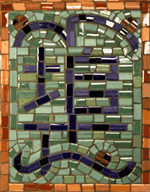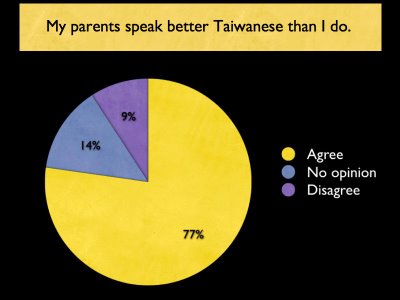Penang, Malaysia, is reportedly moving to adopt the Penang dialect of the Hokkien language as a thing of “nonmaterial cultural heritage” (fēi wùzhì wénhuà yíchǎn / 非物质文化遗产).
In Taiwan, Hokkien is also known as “Taiwanese” and “Hoklo.”
The chairman of the Penang Tourism and Creative Economy Affairs Committee said that to preserve Hokkien in Penang, the government there would support a “Speak Hokkien” campaign and allocate funds to NGOs and other groups for activities promoting Hokkien. He also hopes organizations will host competitions not only in Pinyin(!) but also in speaking topolects.
Topolects are an important part of the legacy of Chinese culture, he said.
为传承说方言,确保槟城福建话得以保存和广泛使用,槟政府除了支持社团组织举办“讲福建话”运动,也拨款给乔治市世界遗产机构和非政府组织开展宣传福建话活动。
他希望更多华社组织团体,除了办汉语课程或拼音比赛,也可举办说方言比赛,让民众发现说方言之美与意义,达到Z世代也可说一口流利方言与汉语,毕竟方言也是中华文化与遗产重要部分。
Other Sinitic topolects (fangyan) could also be considered for nonmaterial cultural heritage status, he said.
Whether this really happens, and whether it will be enough to make a difference, remains to be seen. But at least it looks like someone influential in Penang is working hard to move things in the right direction.
Sources:
- Yáng Shùnxīng: zhuóshǒu chǔlǐ nǐ bīng Fújiànhuà liè wénhuà yíchǎn (楊順興:著手處理 擬檳福建話列文化遺產), Oriental Daily, May 7, 2023
- Xiàn bào bīng Fújiànhuà wéi fēi wùzhì wénhuà yíchǎn; Yáng Shùnxīng: xiàyuè kāigōng zuōfang wánshàn tímíng chéngxù (宪报槟福建话为非物质文化遗产 杨顺兴:下月开工作坊完善提名程序), Guangming Daily, May 7, 2023


